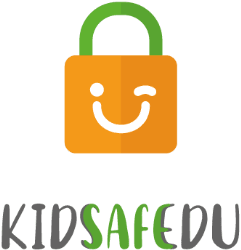Grants for the Hungarian minority in Slovakia: Opportunities and Application Conditions
The Hungarian minority living in Slovakia has a rich history and complex cultural heritage that is significant not only for Hungarian communities beyond its borders but also for the entire region. The preservation of their identity, language, and cultural traditions largely depends on the minority support system in Slovakia, which provides oppor…



